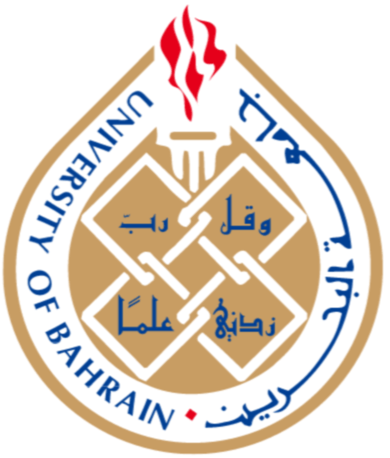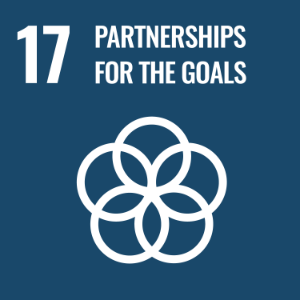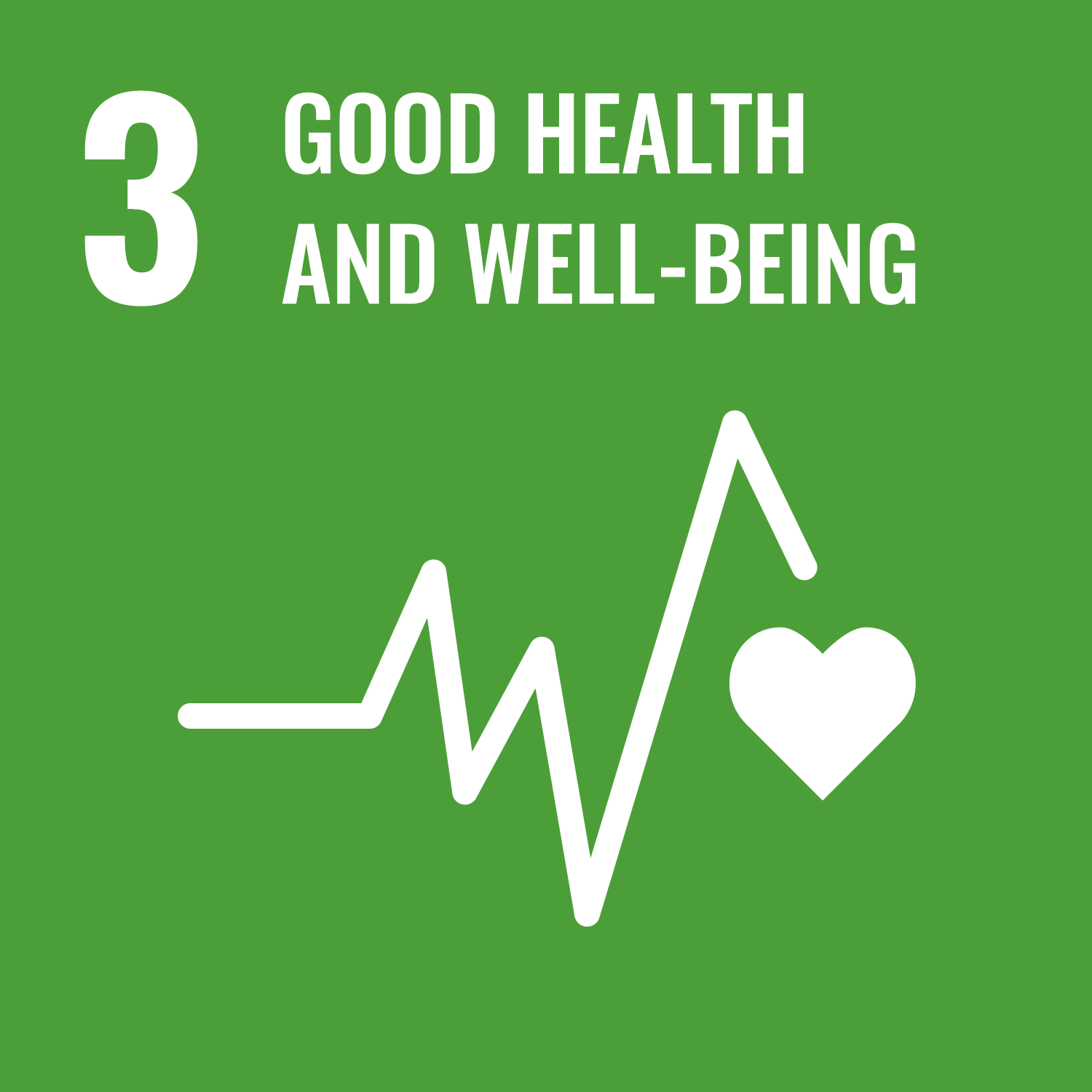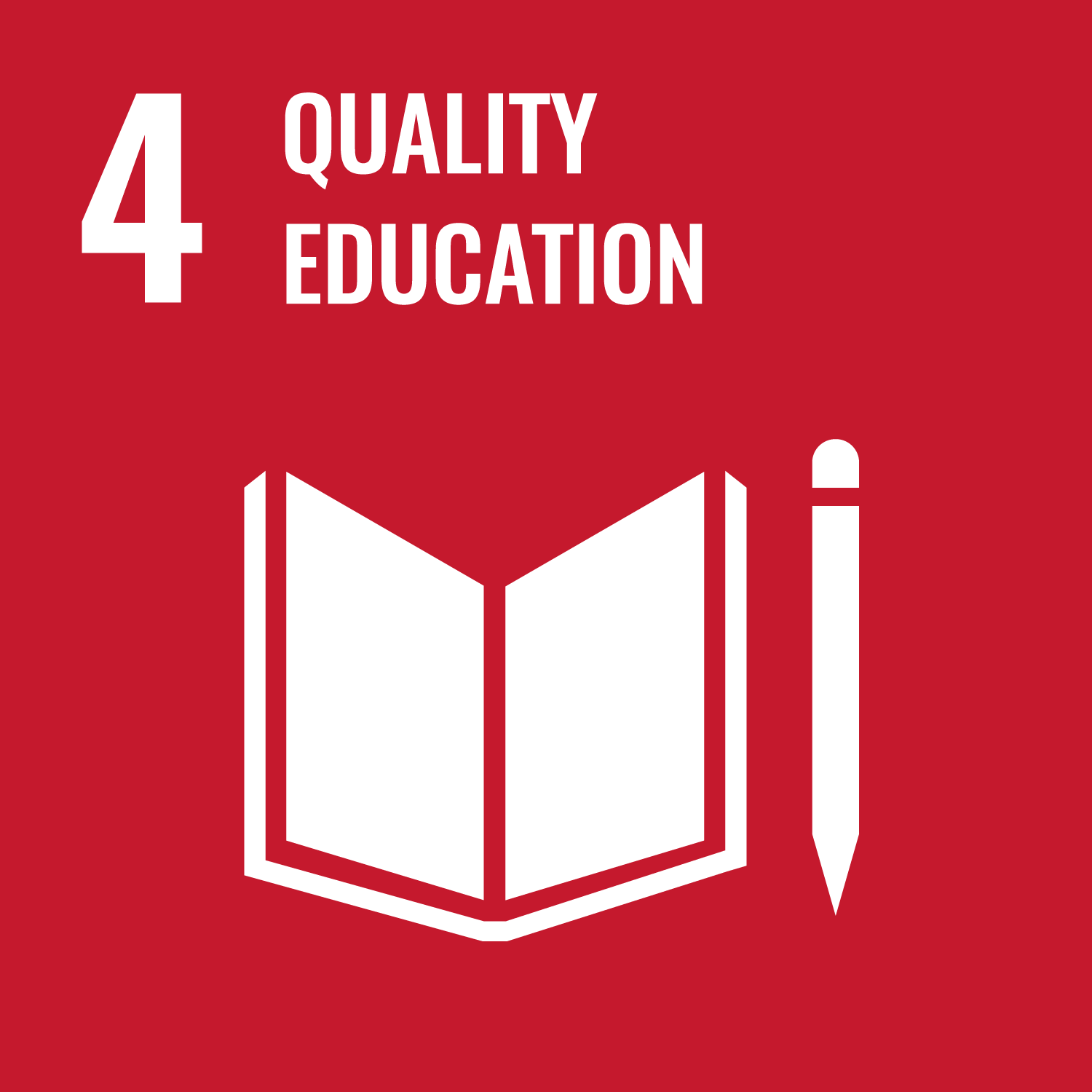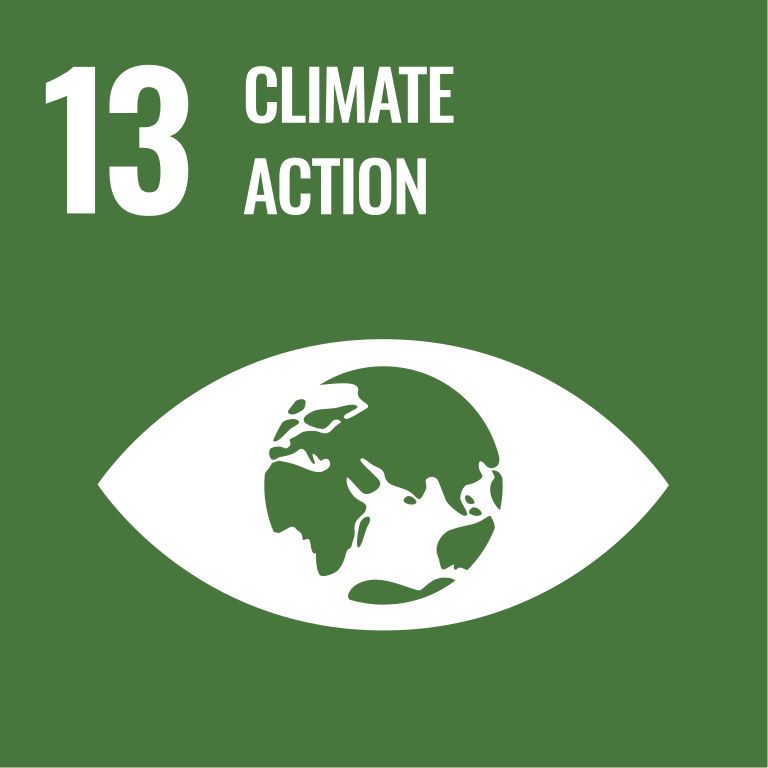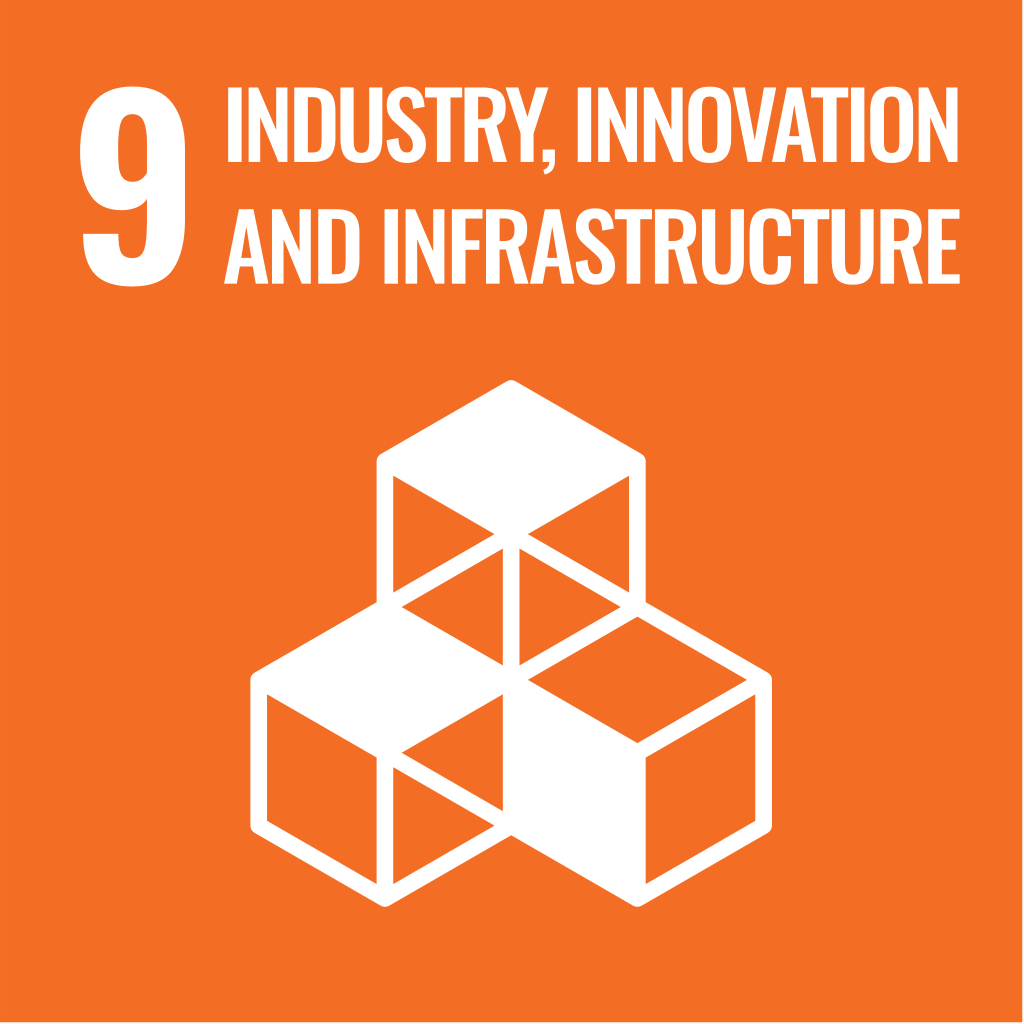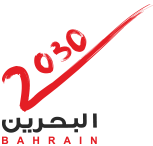Engagement (Community & Industry)
SDG 17: Focus Areas
17.2.1 Relationships with regional NGOs and government for SDG policy
Does your university have direct involvement in, or input into, national government or regional nongovernment organizations SDG policy development – including identifying problems and challenges, developing policies and strategies, modelling likely futures with and without interventions, monitoring and reporting on interventions, and enabling adaptive management?
The University of Bahrain (UoB) plays a direct and documented role in national, and The University of Bahrain (UoB) demonstrates direct, documented involvement in national and regional SDG policy development, fulfilling all dimensions of THE Impact Rankings Indicator 17.2.1. UoB actively collaborates with government ministries, legislative bodies, and regional NGOs to identify systemic challenges, co-develop policies and strategies, model future scenarios, monitor interventions, and enable adaptive management across multiple sectors.
Key Contributions:
- Policy Development & Legislative Input: UoB experts serve on national committees shaping Bahrain’s National AI Law, Industrial Property Strategy, and judicial reforms, embedding evidence-based governance and ethical frameworks.
- Strategic Partnerships for Sustainability: Through collaborations with the Water Resources Council, UNEP–GCF, and energy authorities, UoB models climate futures, supports water-security strategies, and informs national energy efficiency policies.
- Digital & Cybersecurity Governance: UoB partners with the National Cyber Security Center to align research with national cybersecurity priorities, enabling continuous monitoring and adaptive policy responses.
- Health Policy Leadership: UoB contributes to WHO regional and global committees, influencing health workforce strategies and ethical recruitment policies, reinforcing SDG 3 and SDG 17.
- Education Policy & Capacity Building: UoB works with the Ministry of Education, Shura Council, and Bahrain Teachers College to co-design teacher education standards, integrate digital learning, and advance green education initiatives.
- Global Engagement: Strategic partnerships with Shanghai University and WHO networks strengthen cross-border research, cultural diplomacy, and policy innovation aligned with SDG 17.
Impact Highlights:
- Over 15 formal MoUs and advisory roles with government and NGOs.
- Participation in national and regional policy committees across health, education, technology, and sustainability.
- Delivery of policy workshops, research outputs, and capacity-building programs benefiting thousands of stakeholders.
- Integration of SDG principles into national strategies and institutional frameworks, advancing Bahrain’s Vision 2030.
